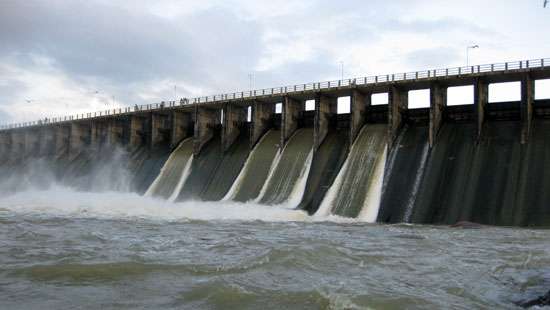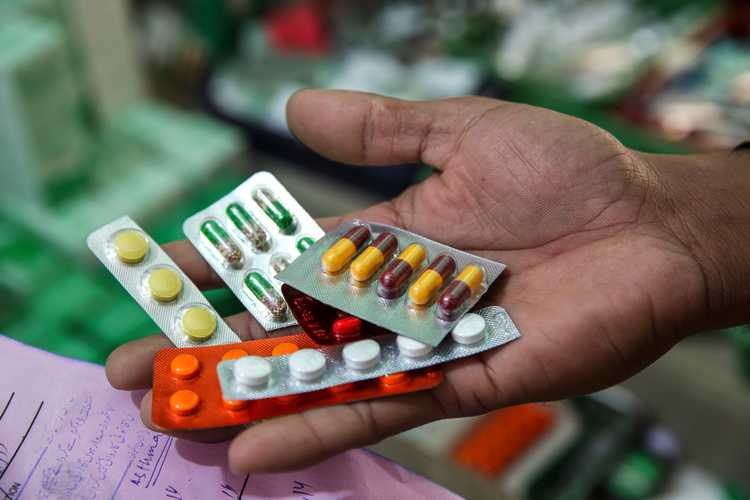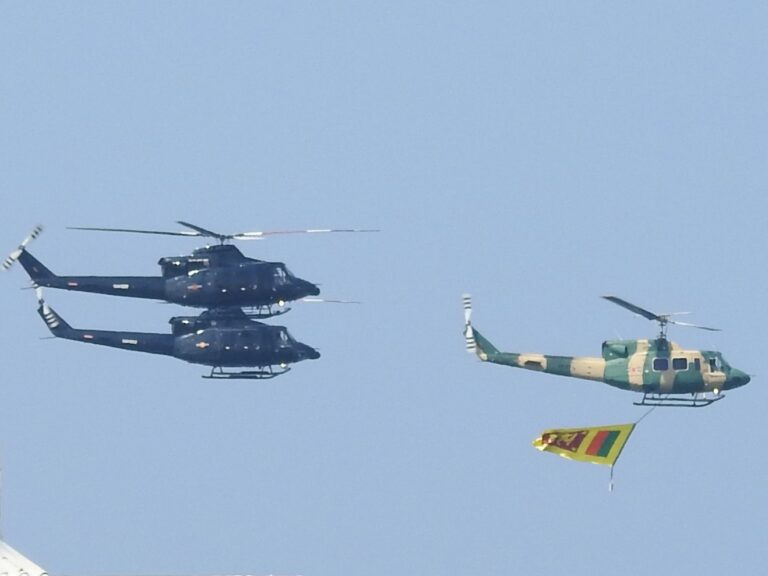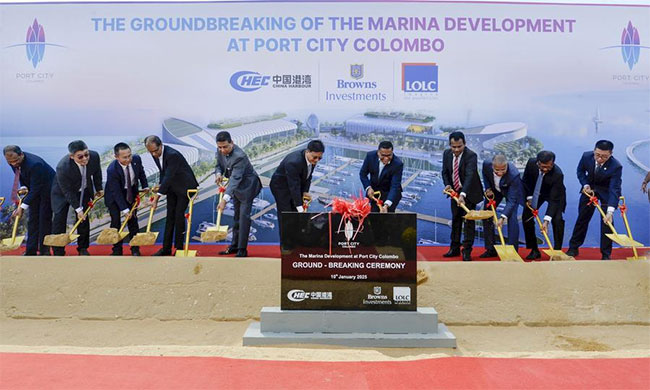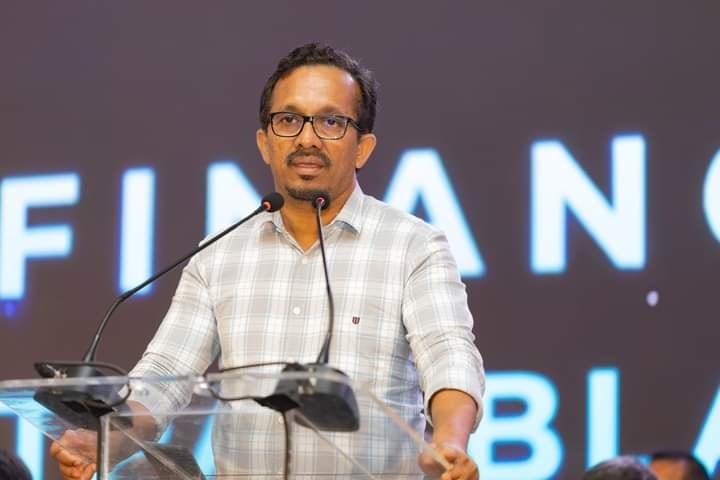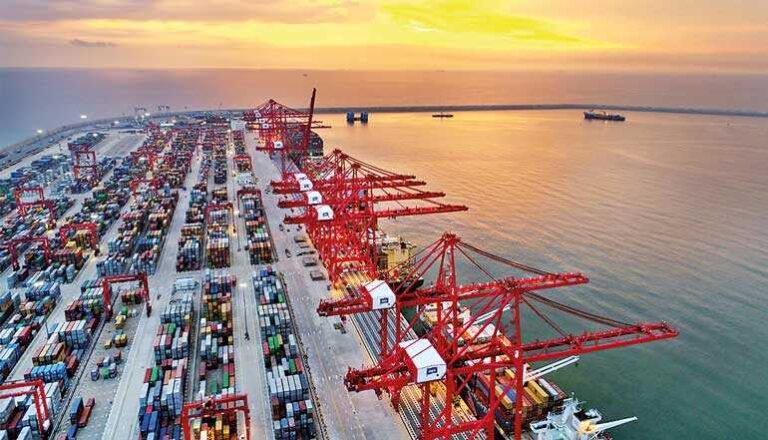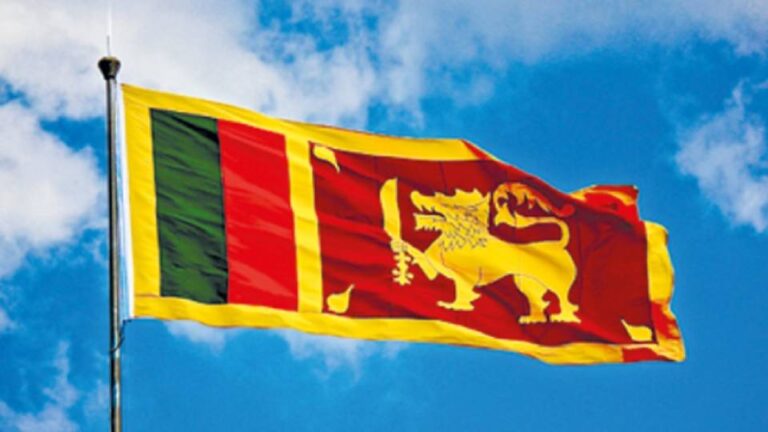January 13, Colombo (LNW): President Anura Kumara Dissanayake is set to embark on a State visit to the People’s Republic of China from January 14 to 17, following an official invitation from Chinese President Xi Jinping.
This significant trip aims to enhance the longstanding bilateral relations between Sri Lanka and China, with a series of high-level discussions and engagements scheduled.
During his visit, President Dissanayake will meet with President Xi Jinping, where the two leaders are expected to hold comprehensive talks on a variety of mutual interests, ranging from economic cooperation to infrastructure development.
In addition to President Xi, the Sri Lankan head of state will also engage with Premier Li Qiang and Zhao Leji, Chairman of the Standing Committee of the National People’s Congress of China.
Upon his arrival in Beijing, President Dissanayake will be given a formal guard of honour at the Great Hall of the People, after which he will participate in detailed bilateral talks with President Xi.
Several Memoranda of Understanding (MoUs) are expected to be signed following the discussions, marking the next step in the strengthening of ties between the two nations.
The visit will also include an important investor forum, with leading representatives from major Chinese firms such as China Harbour Engineering Company (CHEC), China Merchant Group (CMG), Sinopec, Huawei, Build Your Dreams (BYD), and other prominent businesses.
This forum aims to deepen economic cooperation and open new avenues for investment and trade between the two countries.
Following his time in Beijing, the Sri Lankan President will travel to Chengdu, where he will visit key sites including the Donfeng Electric Corporation, Tiangi Lithium Corporation, and the Chengdu National Agricultural Science and Technology Centre.
He will also tour Zhan Qi village, a model for China’s poverty alleviation efforts. In Chengdu, the President will hold discussions with the Communist Party of China’s Secretary of the Sichuan Provincial Committee, furthering the exchange of ideas and collaboration between the two nations.
Chinese Foreign Ministry spokesperson Guo Jiakun highlighted the significance of the visit, stating that China is eager to work closely with Sri Lanka to deepen political trust and expand cooperation, particularly under the Belt and Road Initiative.
He noted that since the establishment of diplomatic ties in 1957, the relationship between China and Sri Lanka has withstood the test of time and international changes, remaining a model of mutual respect and beneficial collaboration.



